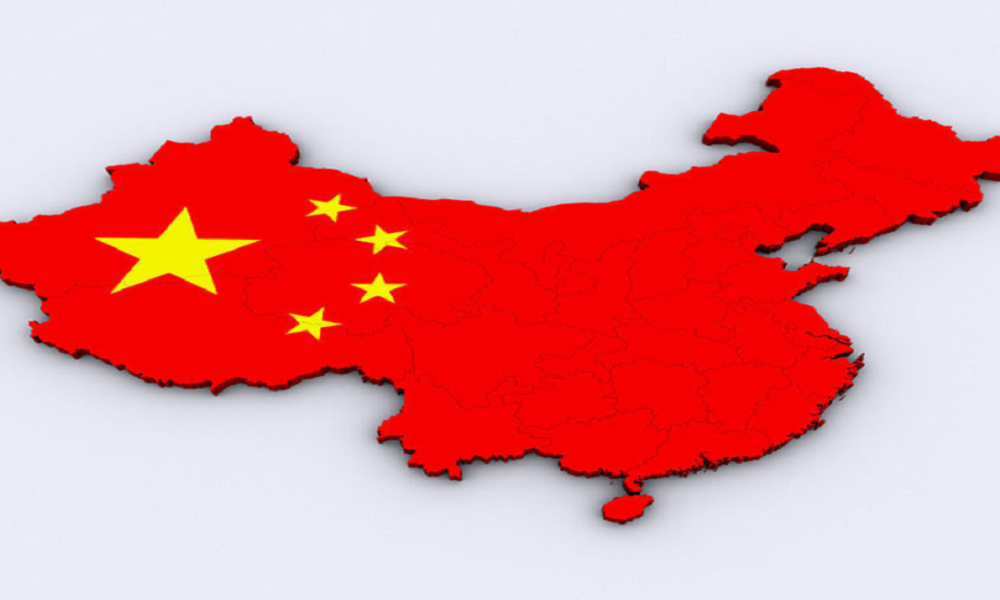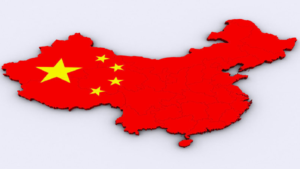China is the latest player in the 21st-century version of the Great Game of controlling Afghanistan and its neighbourhood. As the United States, unable to defeat the Taliban for over 20 years, leaves Afghanistan to its own fate, China is stepping in, if not by sending its own military, but by hoping to control that country through its proxy, the Pakistan military, which shares an iron bond with the Taliban. On China’s radar are Afghanistan’s natural resources, estimated to be worth over $1 trillion; the possibility of expanding its Belt and Road Initiative and thus gaining strategic control of the region; as well as the prospect of eliminating Uyghur militants, several of whom are operating from Afghanistan’s Badakhshan region—in the north/northeast—which shares a 90 km border with China’s Xinjiang province, home to China’s Uyghur population. Several of these Uyghur militants are followers of the famous Afghan warlord, Abdul Rashid Dostum; while most of the rest are with the Taliban. This should explain why Chinese Foreign Minister, Wang Yi, on Tuesday, advised the Taliban to make a “clean break” from all terrorist forces and return to mainstream politics. It is a different matter that when it comes to bleeding India, China is funding all sorts of terrorist and insurgent groups. It is even trying to revive the terrorist group Al Badr to operate in Kashmir against Indian interests.
As the Ashraf Ghani government in Kabul teeters on the brink of collapse, the Taliban have started making friendly overtures to China. In an interview with the Hong-Kong based South China Morning Post, Taliban spokesman Suhail Shaheen described China as a “friendly” country and said, “We welcome them. If they have investments of course we ensure their safety. Their safety is very important for us.” Shaheen also said that the Taliban would not allow the Uyghur separatist group, East Turkistan Islamic Movement (ETIM), or any other similar group to operate from Afghan soil. In making these declarations, the Taliban have been coached well by the Pakistanis, who know that the Chinese are concerned not only about Xinjiang, but also about the security of the China Pakistan Economic Corridor (CPEC), apart from present and future BRI projects in the Af-Pak region. That Wang Yi’s statement came after Shaheen’s “overture”, proves that China wants the Taliban to go beyond rhetoric and act against the Uyghur militants, apart from stopping all terrorists, including those in Taliban ranks, from jeopardizing China’s interests in the region. But can the Taliban leadership and Pakistani generals, even if they join forces, deliver stability in Afghanistan? For that matter, can Rawalpindi GHQ ensure stability even in its own backyard—in the provinces through which the CPEC passes?
Alarm bells should have started ringing in Beijing with Wednesday’s bus blast in Pakistan’s Khyber Pakhtunkhwa, in which at least nine Chinese nationals were killed among the 13 who died. The bus was carrying around 30 Chinese workers to the under-construction Dasu dam site in Upper Kohistan, which is near Gilgit-Baltistan. Obviously, the Chinese were the main targets of the blast and not collateral damage. Not too long ago, in April this year, a bomb blast rocked Serena hotel in Quetta, the capital of Balochistan, killing a few people, while narrowly missing China’s ambassador to Pakistan, who was returning to the hotel at the time. The attack was claimed by Tehreek-e-Taliban Pakistan (TTP), which said that their targets were the foreigners there. That the latest attack in Upper Kohistan should take place so far from Balochistan—where in addition to TTP, the Baloch independence movement has started making like difficult for the Chinese and the CPEC—proves that Chinese interests in almost the whole of Pakistan are on terrorist crosshairs. However much Pakistani authorities—both military and Imran Khan’s government—and the Afghan Taliban leadership may turn a blind eye to China’s horrifying treatment of Muslim Uyghurs for the sake of “investment and development”, that message is not percolating down to the terrorist groups, in fact not even to the TTP.
Add to this cauldron the Pashtun factor. A Pashtun movement is raging in Balochistan and Khyber Pakhtunkhwa, with the community accusing the Pakistan military of major human rights violations. A Pashtun, Imran Khan Niazi, being Pakistan Prime Minister, has not ameliorated their grievances. Their voices are finding resonance with Pashtuns across the border in Afghanistan. And lest we forget, the Taliban, including the TTP, are largely Pashtun. In fact, TTP has expressed support to the Pashtun cause. In other words, now that Pakistan’s chickens are coming home to roost, China is likely to pay a heavy price for it. In this quagmire, China will also have to contend with the hatred that the Afghan population has for the Taliban, with whom Beijing may have to do business if the Ghani government falls.
To cut a long story short, it is being said that China may take more time—or not—than the Russians or Americans to fail in Afghanistan, but fail it will in a country that has been the graveyard of many an empire.













